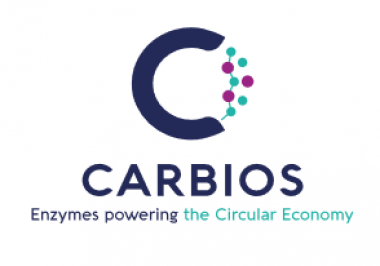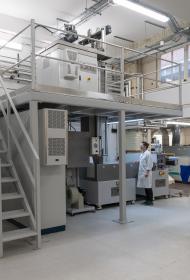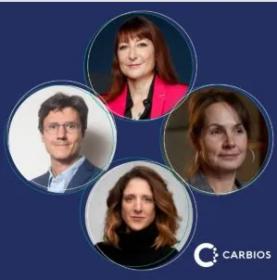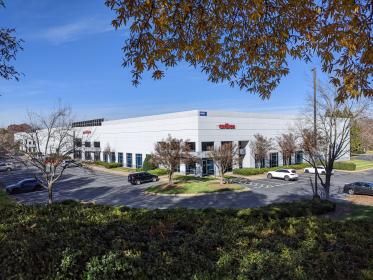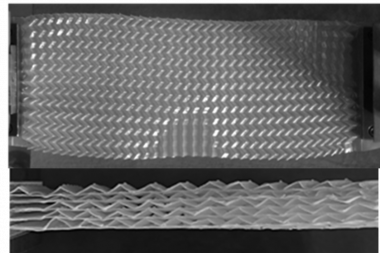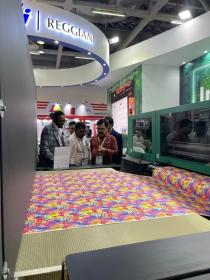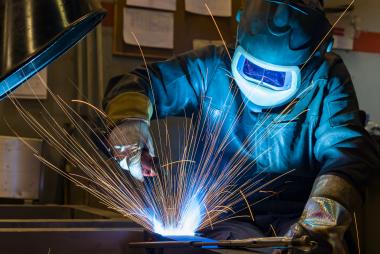ExxonMobil showcases hygiene solutions at INDEX™23
ExxonMobil will present its portfolio of products that enable innovative solutions with sustainability benefits for hygiene and personal care applications at INDEX™23. This portfolio includes ExxonMobil™ PP, Achieve™ Advanced PP (polypropylene) and Vistamaxx™ performance polymers that can be used to create differentiated hygiene and personal care products.
An innovation being presented will be the model baby diaper of which the chassis is made exclusively with ExxonMobil’s extensive portfolio of products. Also on display will be a new version of the high-loft, ultra-soft, silky-smooth nonwoven solution for premium hygiene products using a blend of Vistamaxx™ performance polymers, Achieve™ Advanced PP and ExxonMobil™ PP. Developed collaboratively with Reifenhäuser Reicofil, this nonwoven solution delivers sustainability benefits by including ExxonMobil™ PP ISCC PLUS mass balance certified circular polymers using Exxtend™ technology for advanced recycling of plastic waste. Produced efficiently in one step from pellet to nonwoven via high-speed spunbond process, this soft nonwoven is ideal for use in premium diapers, pant-type diapers, feminine care and adult incontinence products.
ExxonMobil






